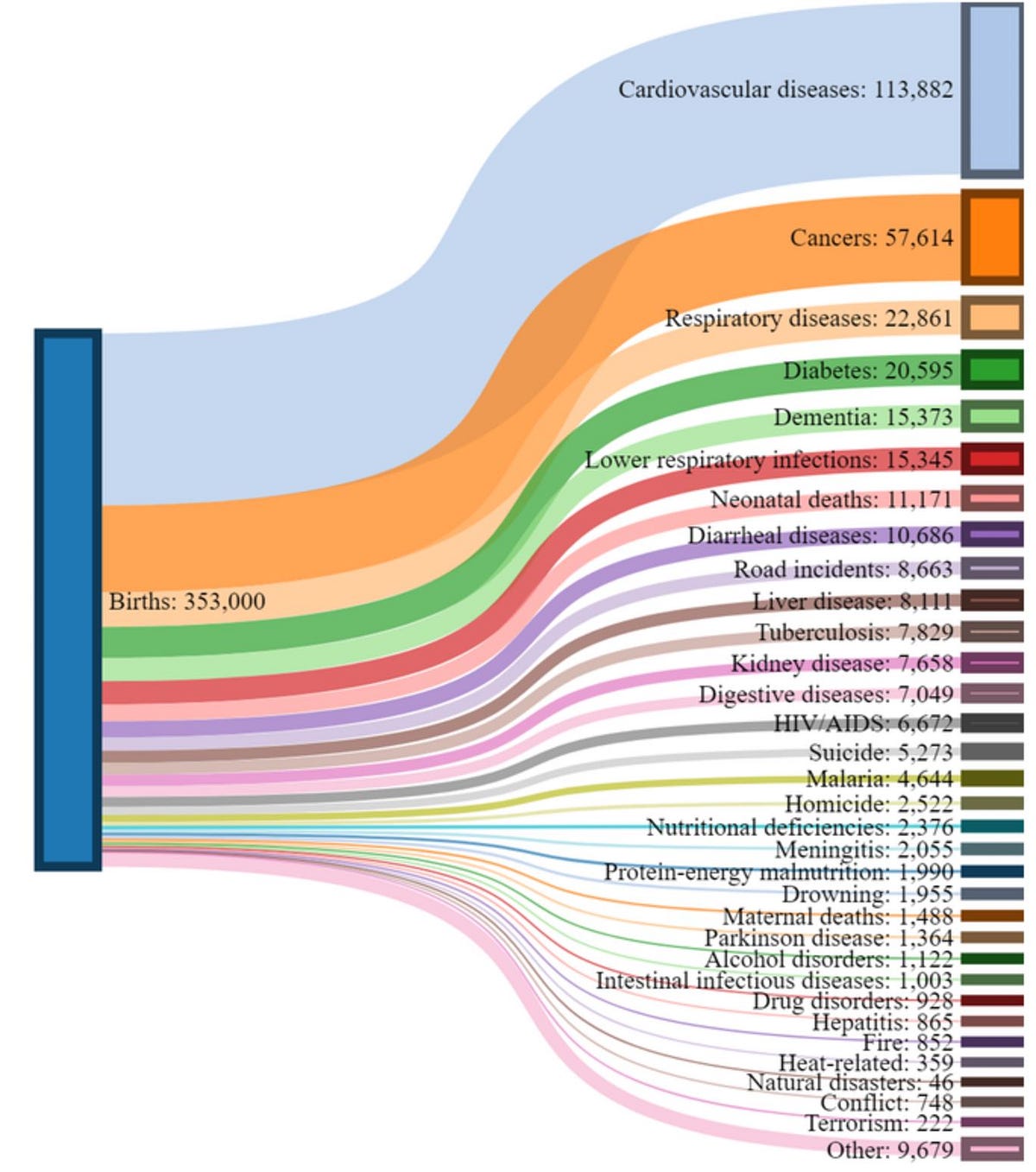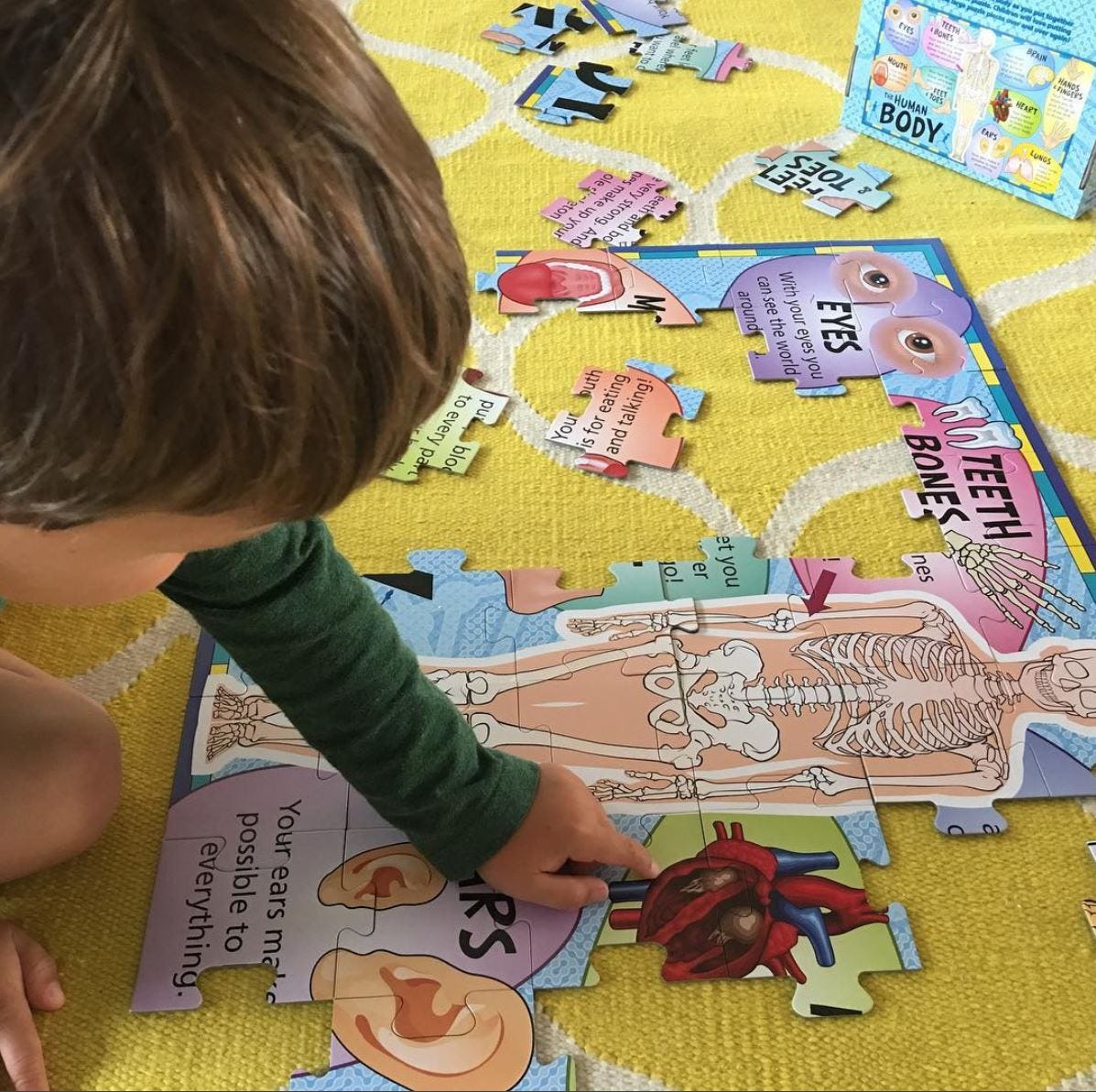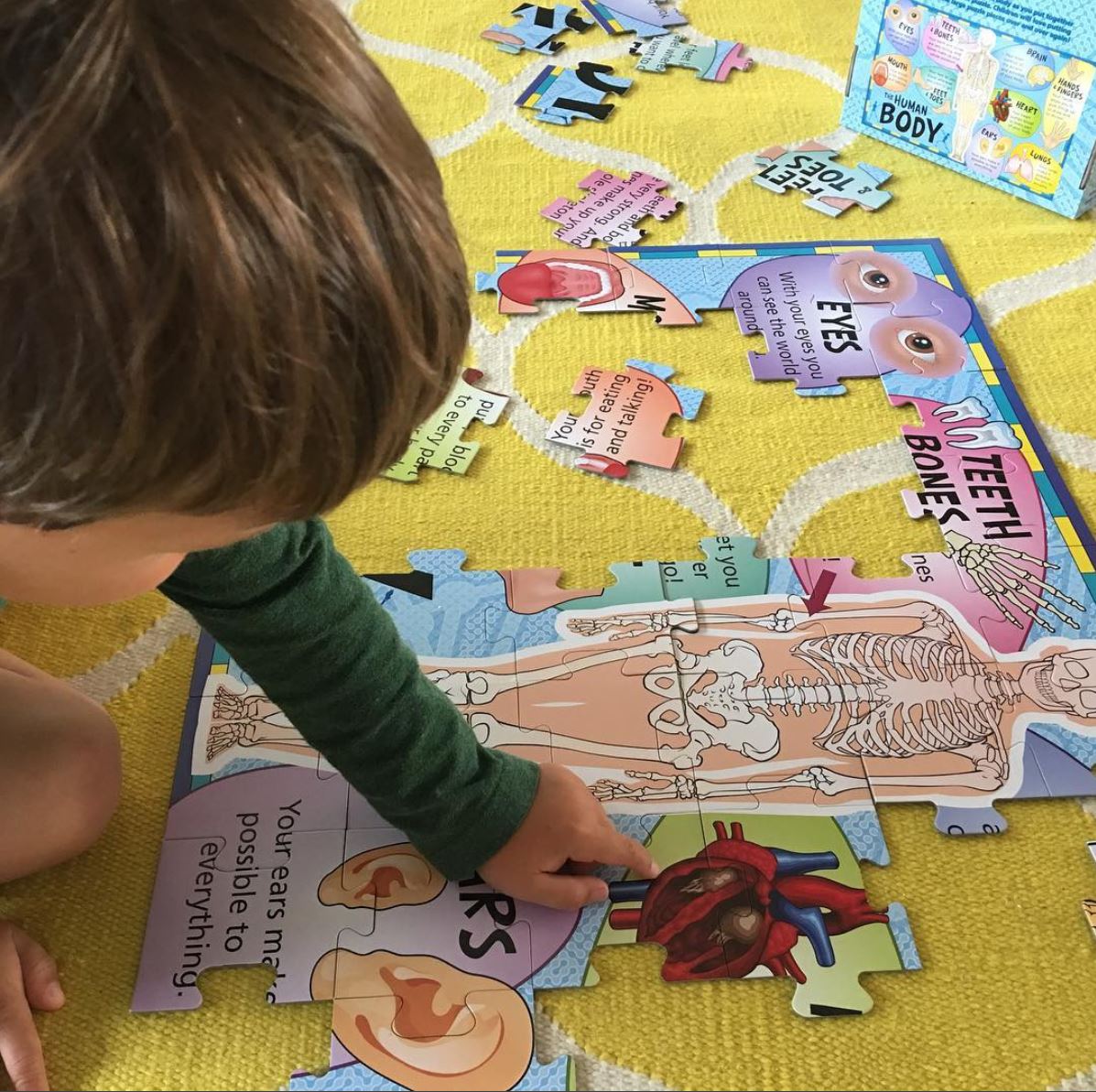““I have not broken your heart – you have broken it: and in breaking it, you have broken mine”
Wuthering Heights, Emily Bronte

When Leonardo da Vinci dissected the heart of a 100-year-old man who had recently died, he produced the first known description of coronary artery disease.
He is credited as being the anatomist that identified the heart had four chambers which connected to the pulse in the wrist with the contraction of the left ventricle.
He worked out that currents in the blood flow, created in the main aorta artery, help heart valves to close. And furthermore, he suggested that arteries create a health risk if they fur up over a lifetime.
More than 500 years later, coronary artery disease one of the most common causes of death in the western world. Health wise, we have become completely disconnected from our heart. Associating our heart more with emotions, and the shape being co-opted for the communication of romance and love, our approval for Instagram images.
Organisations such as the American Heart Association and the British Heart Foundation, have been in the ‘heart saving’ business for decades — vitally important organisations who continue to help us understand the impact of mistreating our hearts.
“We were living in a time of almost unbelievable ignorance about heart disease,”
A statement made by Paul Dudley White, one of six cardiologists who founded the American Heart Association in 1924. Scientifically we do understand a great deal more; as individuals this statement still seems to remain frighteningly true.

Our healthcare system is in crisis; it’s reactive, symptom-led and expensive especially considering how many dieases can be prevented. While our focus is often drawn to people who meet their end in spectacular and tragic ways, the vast majority of humanity will succumb to conditions such as heart disease and cancer.
As individuals, our passive approach to health is dangerous — not only do we not know how to look after ourselves, we run the danger of becoming experientially outdated as our technological society develops.
Last year, Apple announced the new Series 4 Watch; which will include a FDA-approved electrocardiogram, able to monitor your heart for anomalies and test for atrial fibrillation, with results being sent to your doctor. In the field of healthcare tech, this is big news and for the wearers of this watch, it may well save your life.
I am impressed by the technology; but I also know that the simple act of wearing a watch or another fitness tracker does not automatically result in a change of behaviour. In fact, about one third of people who buy fitness trackers stop using them within six months, and more than half eventually abandon them altogether.

As much as the healthcare industry tell us that ‘digital is the future’, it does not change the fact that technology does not make us switch off the tv, leave our houses and go for a walk. Technology does not incentivise us to be more active or eat well, it helps us monitor how our hearts are coping with the fact that we are moving.
In the absence of health education, we need to find ways to take personal responsibility for our own health …. to understand what ‘being healthy’ actually means. Health is not just the absence of disease, it includes maintaining our emotional and financial health.
About Ruth
Ruth studied at the THNK School of Creative Leadership and is the founder of #PersonBeforePatient and The Wilson Lab.


